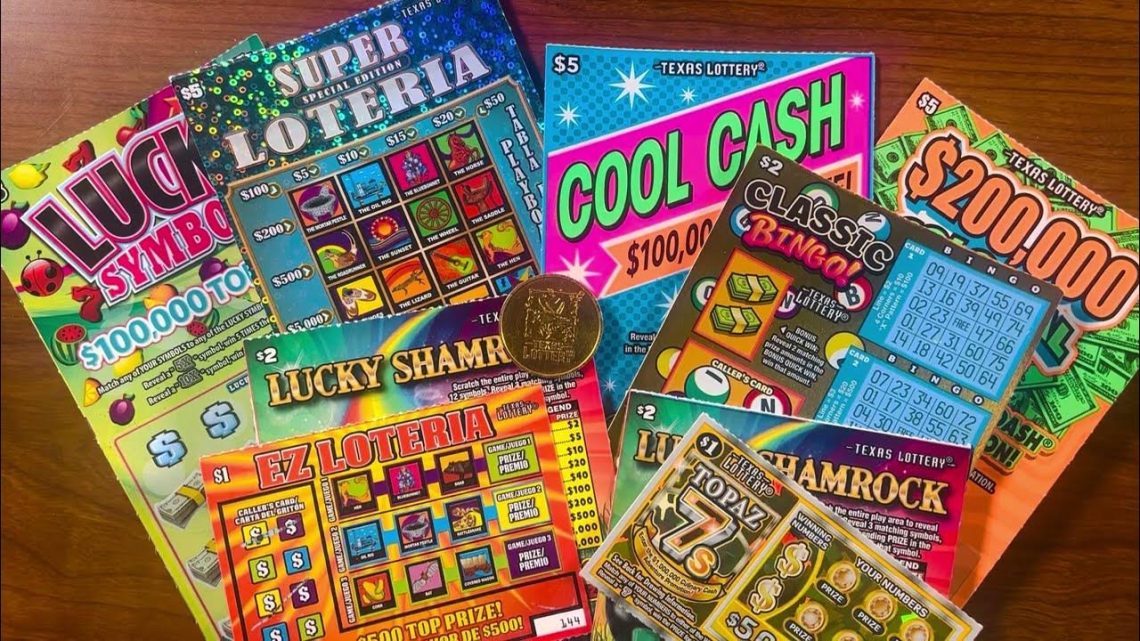Lotteries, those games of chance that captivate millions with dreams of instant wealth, have a rich and diverse history dating back centuries. From ancient civilizations to modern-day global phenomena, lotteries have evolved into a cultural and economic force, shaping societies and individuals alike alexistogel.
A Historical Journey
The roots of the lottery can be traced to ancient China, where the game of keno first emerged around 200 BCE. Its purpose extended beyond entertainment, serving as a funding source for major public projects like the Great Wall. Over time, variations of the lottery spread across continents, taking hold in Europe during the Renaissance and eventually finding their way to the Americas.
Modern Lottery: A Global Phenomenon
Today, lotteries are ubiquitous, with almost every country boasting its own unique version. The appeal lies not only in the thrill of potentially life-changing winnings but also in the sense of community and anticipation they foster. In the United States, for instance, the Powerball and Mega Millions draw massive participation, with jackpots often soaring into hundreds of millions of dollars, captivating imaginations nationwide.
Mechanics and Odds
Lotteries typically involve purchasing a ticket with a combination of numbers. The winning numbers are drawn randomly, usually through a mechanical draw or, increasingly, electronic systems to ensure fairness and transparency. The odds of winning vary widely depending on the game format and the number of participants, often creating a stark contrast between the dream of winning and the statistical reality.
Impact on Society
Beyond individual fortunes, lotteries play significant roles in societal contexts. Many governments earmark lottery revenues for education, infrastructure, and social welfare programs, making them a crucial revenue stream without increasing taxes. Critics, however, argue about the regressive nature of lottery participation, disproportionately affecting lower-income individuals who spend more on tickets relative to their income.
Cultural Significance
Lotteries have woven themselves into the cultural fabric of nations, influencing literature, art, and popular culture. Stories of lottery winners, both triumphant and cautionary, abound in media, reflecting broader societal attitudes towards luck, wealth, and the pursuit of dreams. Lottery fever during jackpot rollovers becomes a social phenomenon, drawing widespread media coverage and sparking frenzied ticket purchases.
The Future of Lotteries
As technology advances, lotteries continue to evolve. Online platforms offer convenience and accessibility, allowing players to participate from anywhere in the world. Innovations like instant-win games and digital scratch cards cater to changing consumer preferences, while blockchain technology promises enhanced transparency and security in lottery operations.





